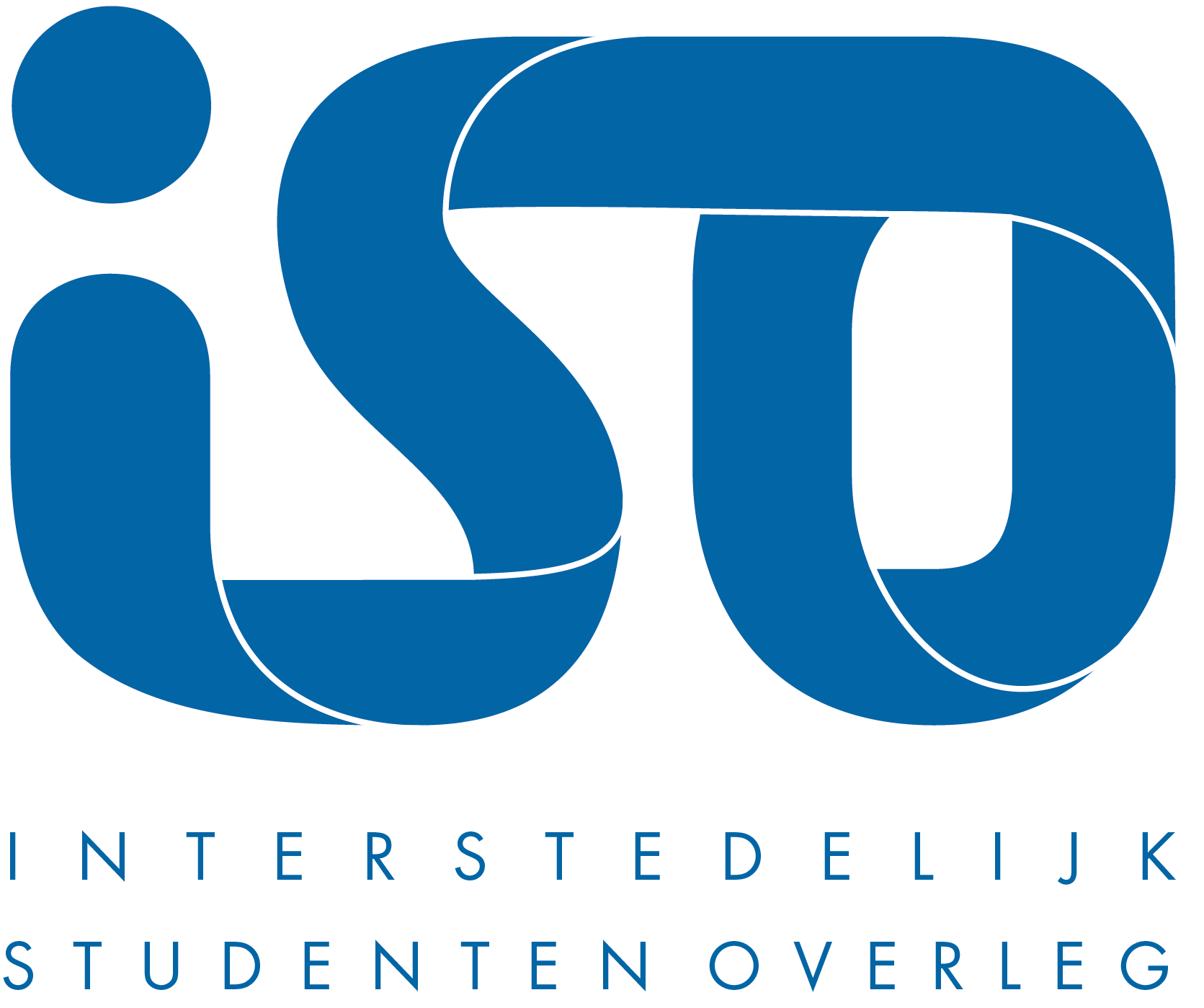Viewpoints:
Digitisation of higher education
General
The corona crisis has accelerated the digitisation of higher education. Consideration is now being given to how digital learning resources can be used after the crisis, but the higher education sector is still searching for the best way to use these resources. It seems inevitable that digitisation will continue to play a role in the coming years. It is therefore difficult to be “for” or “against” digitisation in higher education. For this reason, the ISO considers it important to map opportunities and concerns in order to make a sensible and sharp contribution to the debate and the design of education in the coming years.
Current affairs
The ISO is involved in the implementation of the Acceleration Agenda in higher education. This agenda aims to speed up the introduction of various digitisation plans in higher education. The ISO is taking part in the steering committee responsible for this, which consists of SURF, the Association of Universities of Applied Sciences (VH), the Association of Universities (VSNU), and the Ministry of Education, Culture and Science (OCW). The ISO keeps a close eye on the quality of education in the steering committee.
Viewpoint of the ISO
Digitisation offers various opportunities for higher education, for example to supplement offline education, to enable students to take their education at their own place and time, to stimulate technological citizenship, to provide easily accessible and personalised feedback, and to increase the accessibility of education for carers or students with special needs. However, there are also legitimate concerns about increasing digitisation that need to be taken seriously, such as reduced interaction and social connection between students, the chance of reduced educational quality if it is used incorrectly, the chance of students developing fewer social skills, the (inability) to guarantee the protection of student data, and concerns about inequality of opportunity with regard to access to and control of digital resources.
It is possible that these opportunities and concerns will lose relevance in the coming years, that they will change direction or that new opportunities and concerns will emerge in the future. That is why the ISO and the participation bodies at institutions have an important role to play in the coming years in discussing the organisation of digital resources in higher education. Our main viewpoint is that digitisation must not become an end in itself, but must contribute to good education. Online may therefore never become a complete replacement of offline, and digital education may never be used as a cost-cutting measure. In short, it is important to keep asking questions about why certain digital resources are used and what their added value is. In addition, the ISO would like to see more national policy for digitisation within higher education. This could include a more national vision on how student privacy can be safeguarded or how lecturers can be better supported in order to properly utilise the opportunities offered by digitisation.

